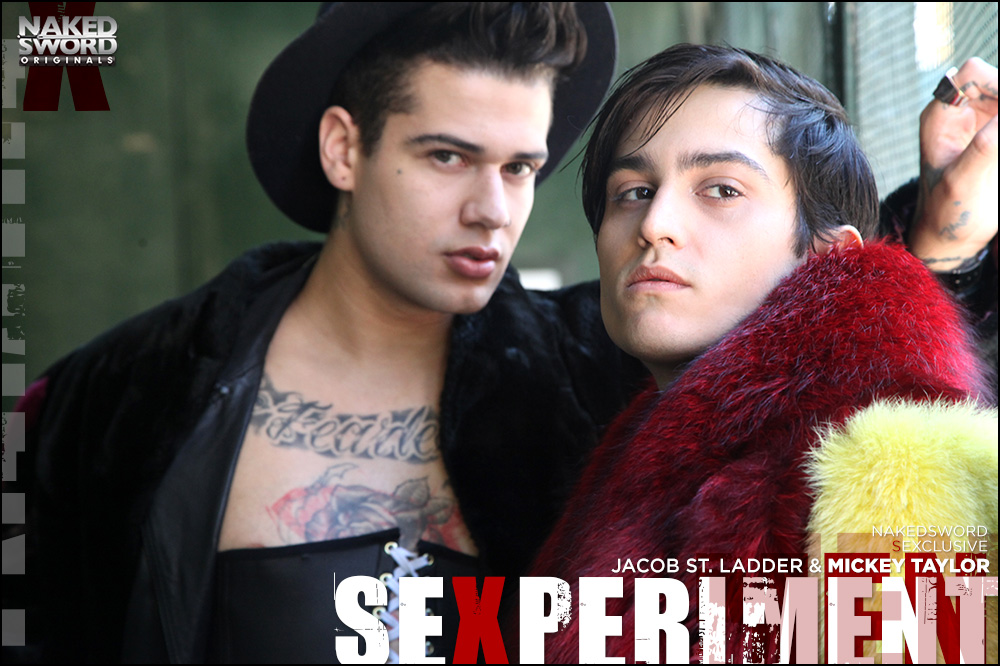Jonah’s parents allowed her to enter kindergarten as a girl, refer to her as “she” and changed her name to the more neutral Jona. Dr. Ehrensaft believes that allowing Jona to be who she wants to be is ultimately going to produce better mental health.
Dr. Zucker, however, does not believe in equating transgenderism with homosexuality, and instead compares it to racial identity disorder:
“Suppose you were a clinician and a 4-year-old black kid came into your
office and said he wanted to be white. Would you go with that? … I
don’t think we would,” Zucker says.
Dr.
Zucker believes a child under the age of 10 has a flexible gender
identity, and that by simply allowing every child who displays some gender dysmorphia to dress and behave however they like, we will set them on a definitive path to being transgendered adults when in fact their sense of identity is likely not to be consistent year to year. What Dr. Zucker sees strictly as the treatment of a dysfunction, Dr. Ehrensaft sees as coercion: “I would say all the kids I’ve worked with who have gone through that
kind of [coercive] treatment, they have not come out better; they’ve come out
worse.”
We’re a little bit troubled by when stage-mother syndrome seems to enter into the trans-kids debate, as in this piece about puberty-halting drugs from the Advocate and the slightly off-putting YouTube video below. Whether the psychiatric community shifts more toward Dr. Ehrensaft’s camp in the coming years remains to be seen. Until then, expect more articles like this one, and perhaps a few stories about angry trannies too.










